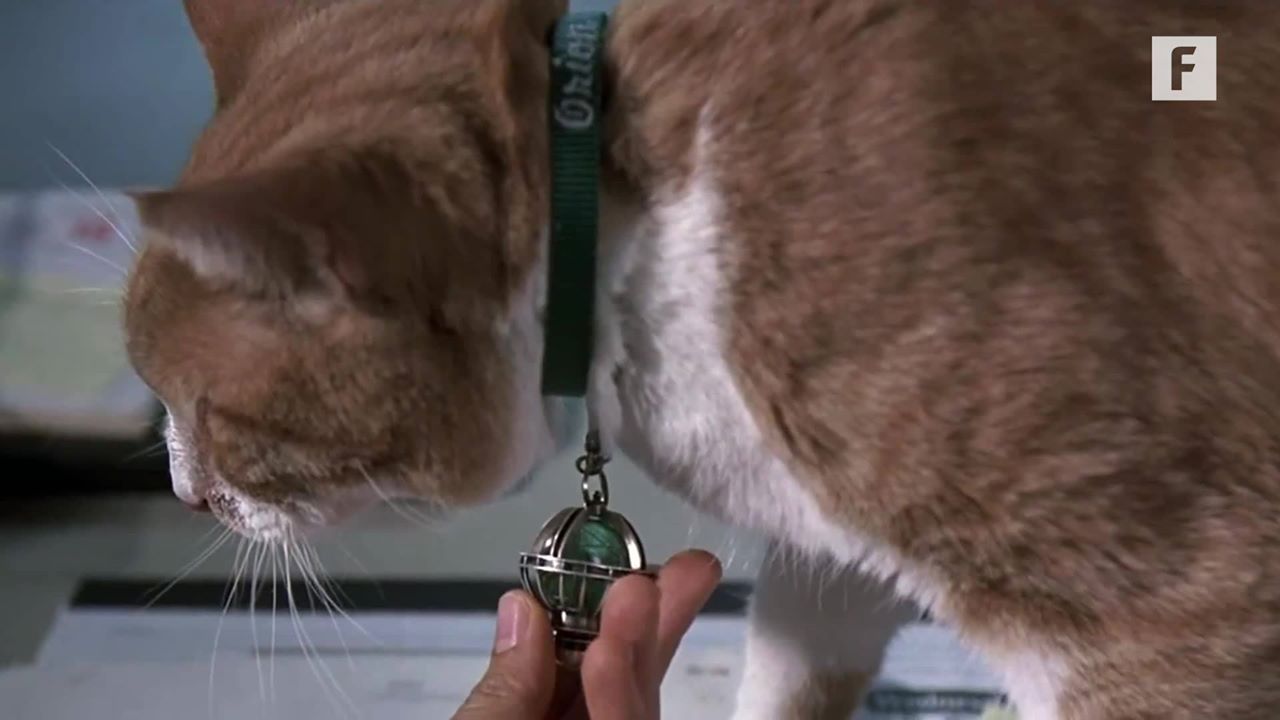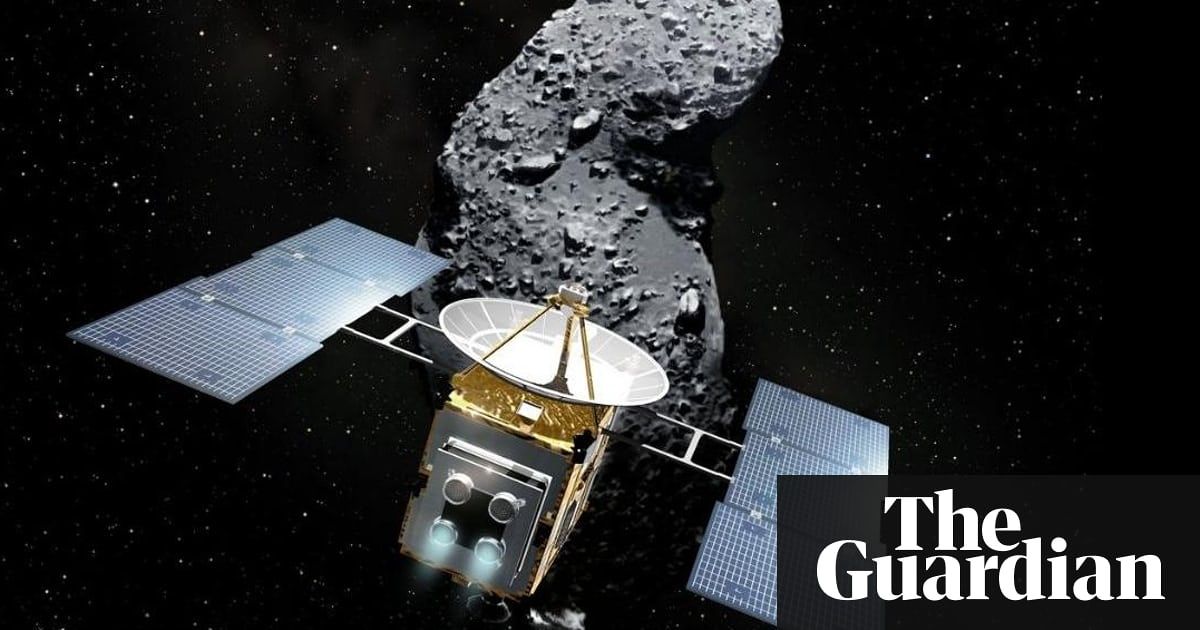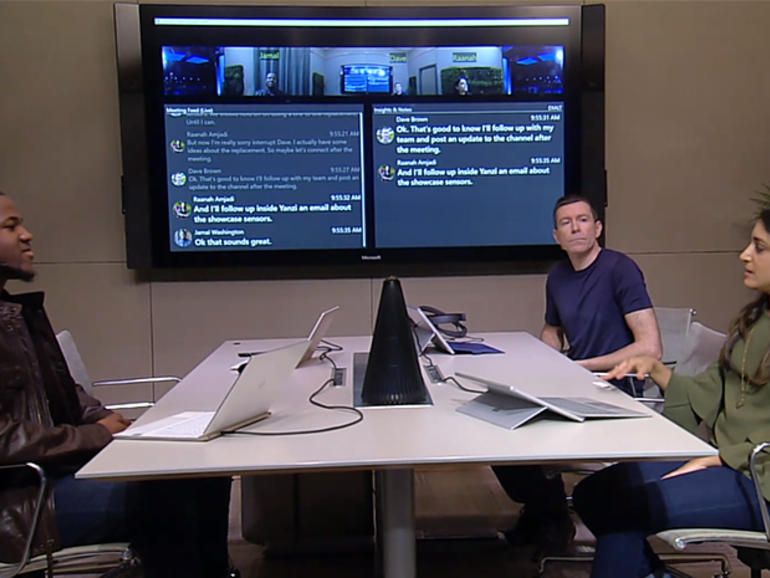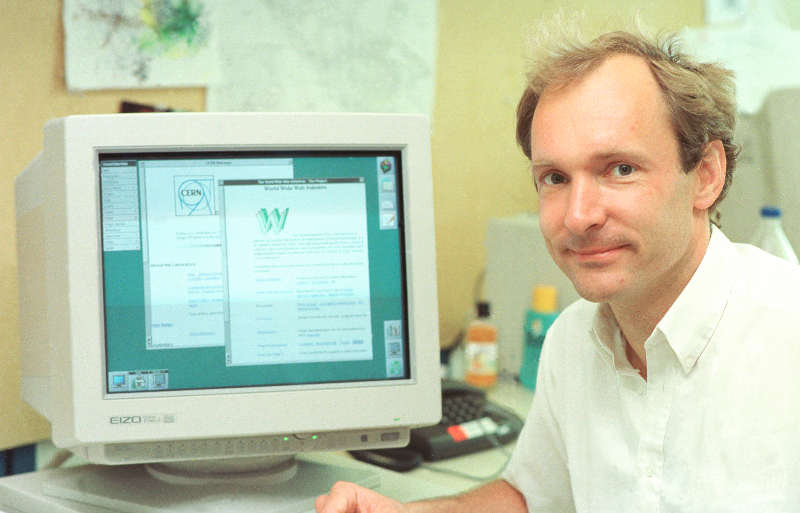Archive for the ‘futurism’ category: Page 968
Jun 13, 2018
How the Earth’s continents will look 250 million years from now
Posted by Genevieve Klien in category: futurism
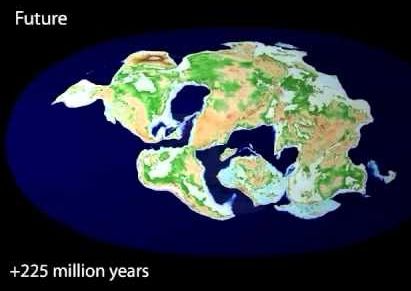
Speaking of Pangaea, this video shows how the present-day continents came to be formed from the Pangaea supercontinent about 240 million years ago, then shows what the Earth’s surface might look like 250 million years in the future, if the tectonic plates continue to move in predictable ways.
I hope this explanation is helpful. Of course all of this is scientific speculation, we will have to wait and see what happens, but this is my projection based on my understanding of the forces that drive plate motions and the history of past plate motions. Remember: “The past reveals patterns; Patterns inform process; Process permits prediction.”
Continue reading “How the Earth’s continents will look 250 million years from now” »
Jun 13, 2018
Glass is the future of data storage
Posted by Shailesh Prasad in categories: computing, futurism
Jun 11, 2018
Bioquark Inc. — “Living Forever” — Future Sandwich Podcast — Ira Pastor
Posted by Ira S. Pastor in categories: aging, bioengineering, biotech/medical, cryonics, DNA, futurism, genetics, health, life extension, Peter Diamandis
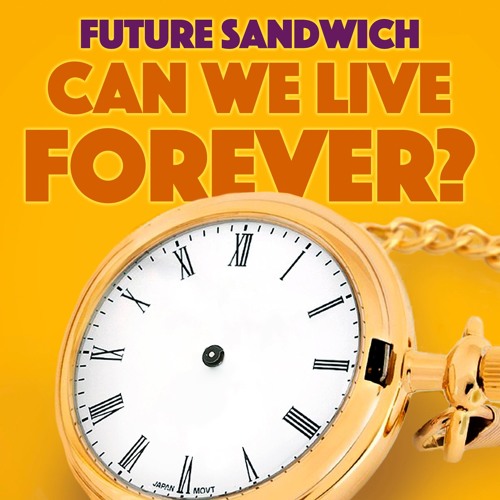
Jun 10, 2018
The asteroid rush sending 21st-century prospectors into space
Posted by Klaus Baldauf in categories: futurism, space
A race is on to mine billions of dollars in resources from the solar system’s asteroids, fuelling our future among the stars.
Jun 10, 2018
Microsoft and Build 2018: Using AI-powered productivity to create the office of the future
Posted by Klaus Baldauf in categories: futurism, robotics/AI
Imagine meetings that document themselves using AI tools to add real-time translation and accessibility support. How much of that is the future and how much can you do today?
Tim Berners-Lee should know what he is talking about, when he says ‘Celebrity damages private life’. The person who is considered to be the inventor of the World Wide Web was on June 8, 1955.
Jun 9, 2018
David Roden on Posthuman Life
Posted by Steve Nichols in categories: alien life, futurism
https://paper.li/e-1437691924#/
When Stapledon wrote that book he was thinking of Martians, but in our time one might think he was studying the strangeness of what our posthuman progeny may evolve into. In Last and First Men Stapledon presents a version of the future history of our species, reviewed by one of our descendants as stellar catastrophe is bringing our solar system to an end. Humanity rises and falls through a succession of mental and physical transformations, regenerating after natural and artificial disasters and emerging in the end into a polymorphous group intelligence, a telepathically linked community of ten million minds spanning the orbits of the outer planets and breaking the bounds of individual consciousness, yet still incapable of more than “a fledgling’s knowledge” of the whole.
Jun 8, 2018
Can Machines Design? An Artificial General Intelligence Approach
Posted by Andreas M. Hein in categories: futurism, robotics/AI
Abstract: Can machines design? Can they come up with creative solutions to problems and build tools and artifacts across a wide range of domains? Recent advances in the field of computational creativity and formal Artificial General Intelligence (AGI) provide frameworks for machines with the general ability to design. In this paper we propose to integrate a formal computational creativity framework into the G” odel machine framework. We call this machine a design G” odel machine. Such a machine could solve a variety of design problems by generating novel concepts. In addition, it could change the way these concepts are generated by modifying itself. The design G” odel machine is able to improve its initial design program, once it has proven that a modification would increase its return on the utility function. Finally, we sketch out a specific version of the design G” odel machine which specifically aims at the design of complex software and hardware systems. Future work could be the development of a more formal version of the Design G” odel machine and a potential implementation.
